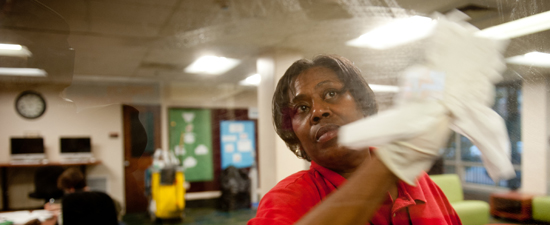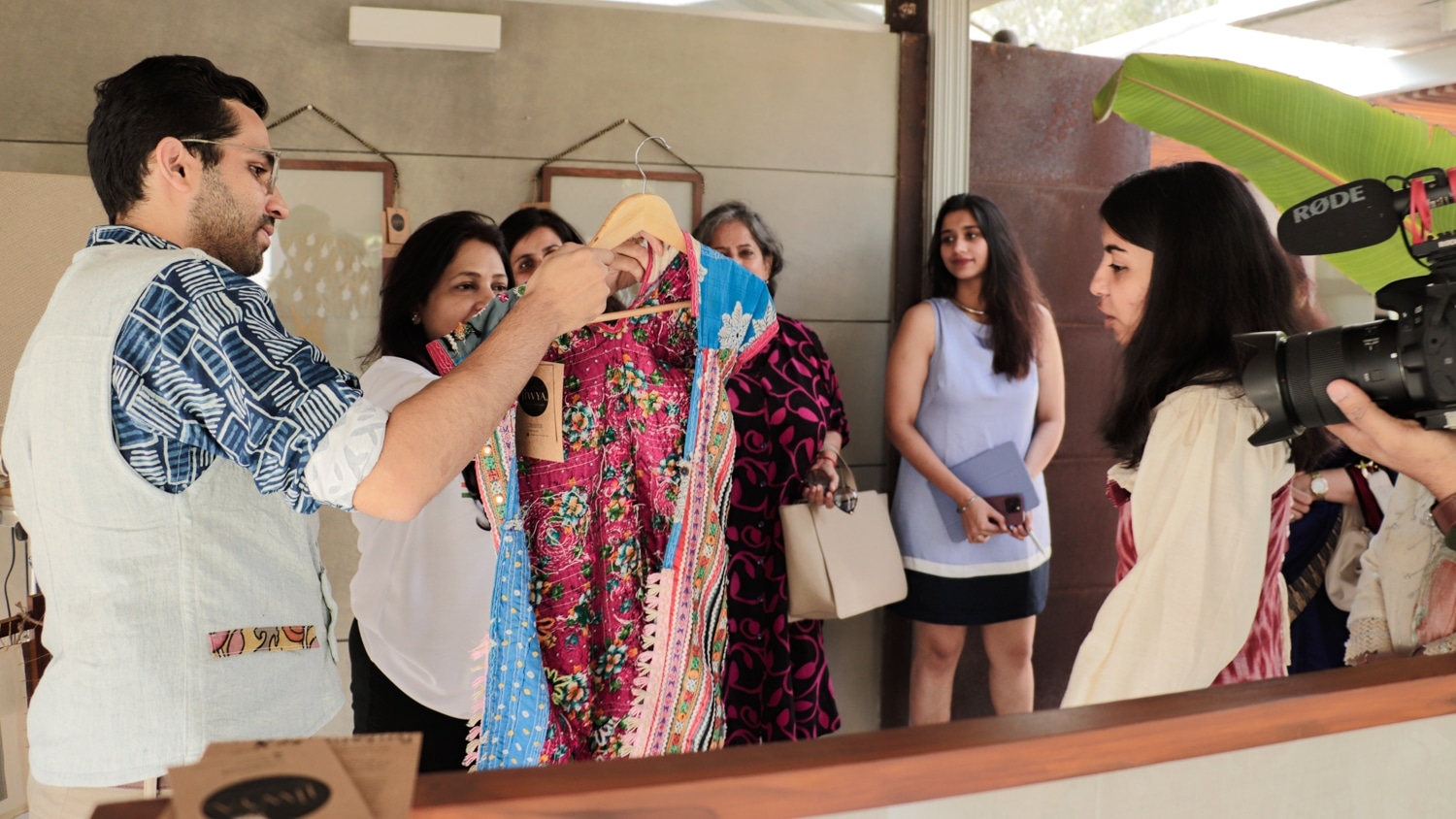
Purchasing
A university needs resources. At NC State, sustainability starts at the source as more economically, environmentally and socially beneficial products makes their way on campus.
Every year, NC State conducts over hundred of millions of dollars worth of purchasing.
While the federal government sets guidelines for spending money on environmentally-preferable products, state and local agencies do not have to adhere to these policies. North Carolina state agencies are required to follow Executive Order 156, which includes requirements for purchasing environmentally-preferable products. The order also contains guidelines for environmental sustainability and solid waste reduction. NC General Statute 143-58 specifies that state agencies shall use or require use of products with recycled content and eliminate procedures that inhibit such purchases.
As state and local government agencies purchase more environmentally-preferable products, the price of these goods will decrease, and markets will be created for collected recyclables.
FEATURED PROJECTS

Green Cleaning
University Housekeeping is leading the way in green cleaning, integrating innovation products and methods to boost wellness, save money and increase efficiency.

Zero VOCs
In addition to trimming paint cost by 24 percent, zero VOC paint has also rolled on health benefits while reducing environmental air quality impacts of paint.
Resources
- NC State Procurement & Business Services
- Environmentally Preferable Procurement from NC Department of Environment and Natural Resources
- Environmentally Preferable Purchasing from US Environmental Protection Agency
Questions to Consider
NC State recognizes the many choices in procuring materials and services for your work. For purchases greater than $5,000 NC State’s Procurement & Business Services can provide guidance towards greener purchasing. For purchases less than $5,000 please consider the following information in evaluating your options.
- Does it contain recycled content?
- Is it durable and will it last a long time?
- What maintenance is required?
- Can it be recycled?
- Does it save energy?
- Does it save water?
- Are their equivalent options with less packaging?
- Is it available in bulk?
- How far with it be shipped?
- Are raw materials being extracted to make it?
- Look for certifications such as Cradle to Cradle, Energy Star, Forestry Stewardship Council (FSC), WaterSense, USDA Organic, Green Seal and Greenguard.
PURCHASING NEWS | More

Apparel Industry Leaks Millions of Tons of Plastic Into Environment Each Year, Study Finds
A new study finds that waste from the global apparel industry is leaking millions of tons of plastic into the environment each year – an overlooked pollution source which may be getting worse over time. The findings are detailed in a recent study from North Carolina State University researchers, which found that global apparel consumption…

5 Ways to Go Plastic-Free this Summer
Five ideas to help you go plastic-free this summer.

Textile Engineering Alum Creates Plant-Based Artisanal Fashion Brand
Wilson College of Textiles alumnus Adhiraj Shinde’s brand, Jiwya, showcases the work of grassroots Indian textile artists.